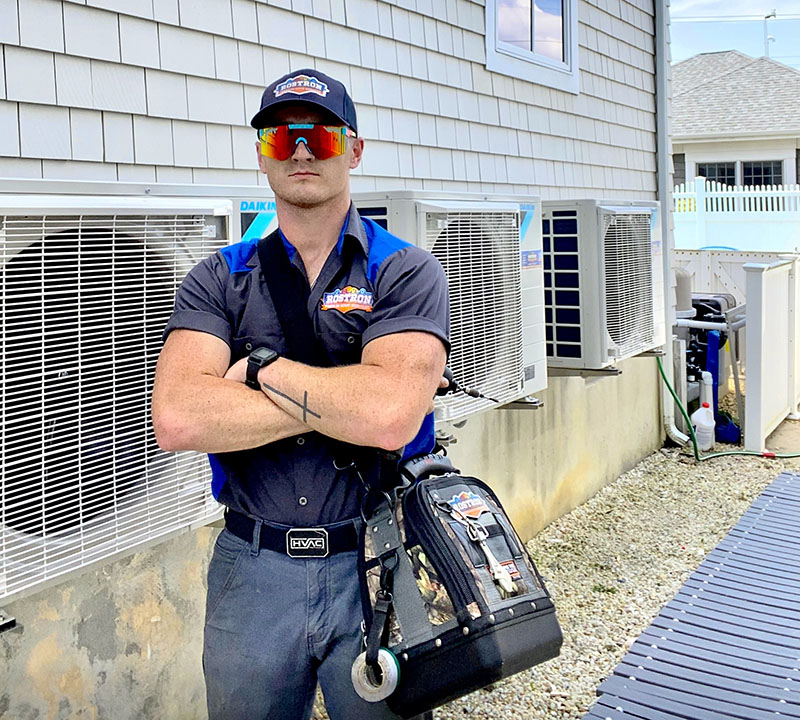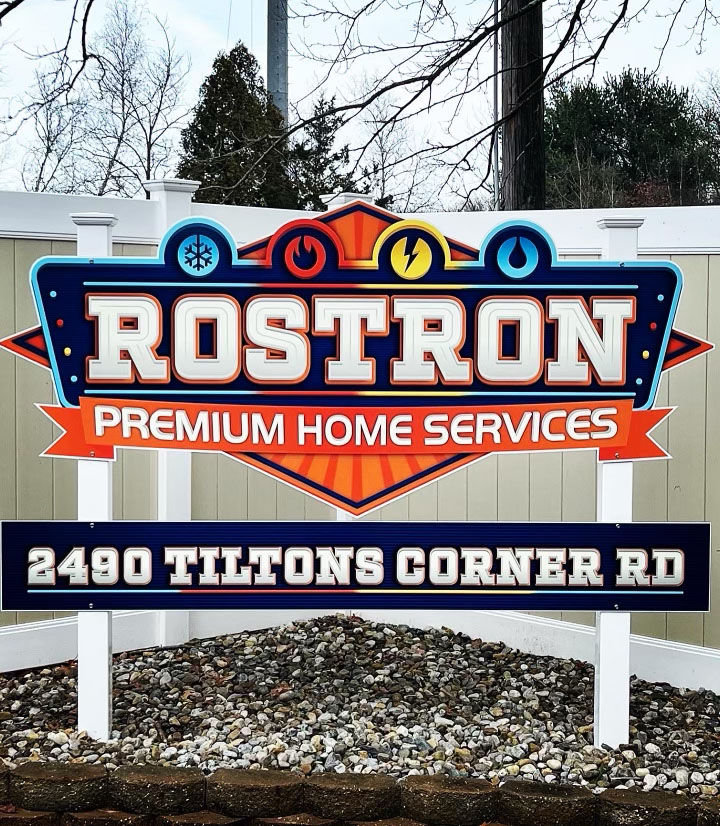Monthly electric bills will see increases up to 20.2% for Jersey Central Power & Light customers, according to the BPU. Unfortunately, this is just the beginning….
Here’s 12 ways to save money on your electric bill:
#12. Minimize Wasteful Energy Usage
Have you ever walked around your house and wondered why the lights are on in every room even though no one’s there? Turning off lights and electronics you’re not using, not over-drying your clothes and setting your dishwasher to the shortest cycle that will get your dishes clean will help you use only the energy you need.
#11. Unplug Electronics
Electronic devices draw energy even when you’re not using them if they’re plugged in. These so-called “vampire electronics” could account for up to 20% of your household’s energy usage, sucking up an estimated $100 to $200 per year.
Unplugging TVs, laptops, gaming consoles and other electronics could save you hundreds of dollars a year in energy costs. If walking around your house at the end of each day to unplug each device individually is a nonstarter, plug them into a power strip you can switch off at night.
#10. Change Your Lightbulbs
A typical household can save about $225 per year by switching to LED light bulbs, according to the U.S. Department of Energy. While the cost of LEDs varies, you can expect to pay somewhere around $5 to $7 per bulb.
Although LED bulbs cost more upfront, they last longer, and Energy Star-certified LED bulbs use up to 90% less energy than incandescent bulbs. Installing dimmer switches to adjust the brightness can help you save even more.
#9. Adjust Your Thermostat
Heating and cooling your home often accounts for the biggest chunk of your electric bill. Adjusting your thermostat by just a few degrees can significantly affect how much you pay.
Try raising your thermostat a few degrees in the summer and lowering it in the winter. Consider getting a programmable thermostat if you don’t already have one. It allows you to schedule the temperature in your home, so you use less energy when you’re not there.

#8. Rethink Your Hot Water Usage
If you enjoy long, hot showers, they aren’t doing your budget any favors. Heating water accounts for about one-fifth of the average household’s energy costs, according to the U.S. Department of Energy. Taking showers uses less water than taking a bath, but if you want to stay on budget, keep them short and use a low-flow shower head to save up to 60% on your water bill.
Adjusting the temperature of your hot water heater can also help you save. Manufacturers typically advise setting the temperature to 140 degrees, but lowering it to 120 is sufficient for most households and reduces the risk of burns.
#7. Revamp Your Laundry Routine
Heating water to wash clothes accounts for 90% of the energy used when running the washing machine, according to the Environmental Protection Agency. Instead, wash your clothes in cold water with laundry detergent made for cold water washes to avoid water heating costs, and only do full loads to keep energy costs down.
#6. Protect Your Windows
When the sun is beating through your windows, the air conditioning has to work harder to keep your home cool. Installing blinds or curtains helps keep the sun out and your home cooler in the summer, so your HVAC unit doesn’t have to work as hard. During the winter, open the blinds to let the sun in and reduce the amount of time the heat runs.
#5. Use Power During Off-Peak Times
Many utility providers have programs that offer reduced rates or rebates on electricity used during off-peak hours. Reducing energy usage during peak hours can help you save. Check with your provider if you’re not already on this type of plan to find out what your options are.
#4. Track Your Energy Usage
Sometimes, it can be difficult to identify the changes that will make the biggest difference in your energy consumption. Apps can help you track energy usage so you can identify ways to cut costs. Depending on the app you choose, you may need to install a monitor in your home.
#3. Evaluate Your Insulation
When the outside air gets in because of poor insulation or leaks around windows and doors, your HVAC system has to work harder to heat and cool your home. Adequately insulated and sealed homes can save 15% on heating and cooling costs, according to Energy Star, by keeping your home cooler in the summer and warmer in the winter.
#2. Get a Home Energy Audit
You can DIY your audit or hire a professional, but the idea is to go through your entire home to determine how much energy you use and identify areas where you can cut back on energy consumption. An audit can help you identify the most efficient and inefficient areas in your home so you can prioritize the items that will give you the most bang for your buck.
#1. Switch to Energy-Efficient Appliances
Switching to energy-efficient appliances will help you save money in two ways. First, they use less energy, so they cost less to operate. High efficiency appliances can save you 10% to 50% on your energy bill. Second, you may qualify for a federal tax credit if you install specific clean energy equipment in your home. Rostron Premium Home Services is able to install top of the line high efficiency equipment. Give us a call for a FREE estimate!



